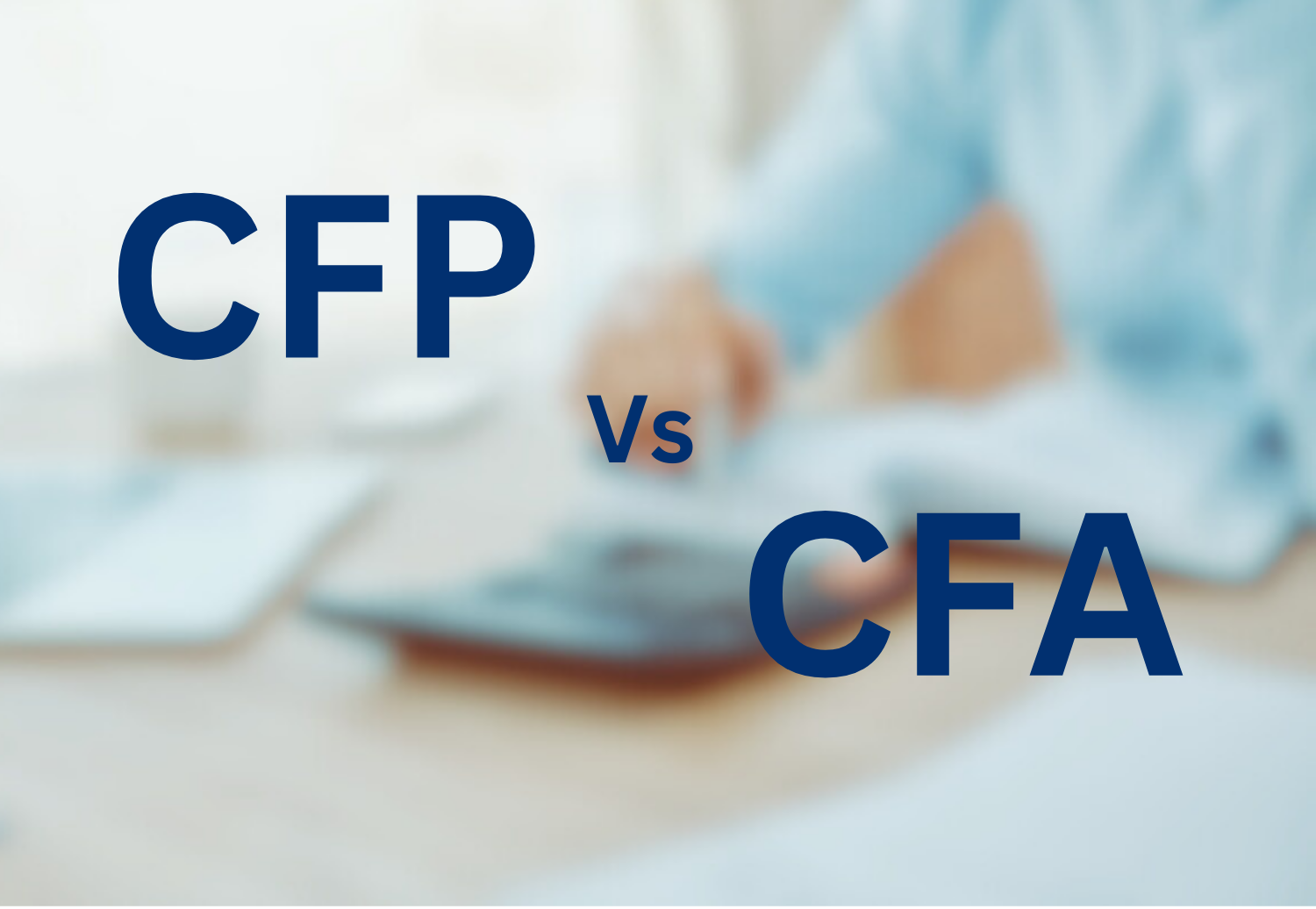If finance were a chessboard, the CFP and CFA are not rival pieces; they are players sitting at entirely different tables. Both require intellect, ethics, and grit, but they serve different missions and mindsets.
Think of the CFA charterholder as someone embodying Cal Newport’s Deep Work, analytical, data driven, and comfortable living inside spreadsheets and valuations. They dive into markets, evaluate businesses, build models, and interpret risk and return. A CFA’s world is precision: capital markets, research desks, fund management, and institutional portfolios.
The CFP, by contrast, is closer to James Clear’s Atomic Habits, focused on people, behaviour, and consistency over time. A CFP does not just crunch numbers; they coach life goals. From mapping insurance needs to building retirement and education plans, they translate complex finance into everyday action. Where CFAs seek alpha, CFPs bring clarity to clients.
The Path and the Grind
The CFA journey is famously demanding: three levels, roughly 900 hours of study, and a strong emphasis on ethics, portfolio management, corporate finance, and quantitative analysis. Passing all three is a mark of endurance and intellectual discipline.
The CFP, while rigorous, is more holistic, covering personal finance, taxation, retirement, estate, and risk management. It is less about mastering markets and more about mastering the client relationship. A CFP’s success depends on empathy, not equations.
Career Outcomes: What Happens After the Exams
A CFA often gravitates toward investment banks, asset managers, hedge funds, and research firms. Their daily work revolves around analyzing companies, sectors, and markets, building financial models, and making investment recommendations that can influence billions of dollars of capital. It is high stakes, intellectually rigorous, and rewarding for those who thrive on quantitative problem solving and market dynamics. However, CFAs usually have limited direct client interaction; their impact is reflected more in portfolio performance and institutional decisions than in individual financial lives.
A CFP, by contrast, works directly with individuals, families, and entrepreneurs. They are trusted advisors who help clients make sense of complex financial decisions: planning for retirement, funding education, managing risk through insurance, and building wealth systematically. The reward is deeply visible, a client achieving their dream home, retiring comfortably, or securing their family’s financial future. CFP roles usually offer more client interaction and opportunities for independent practice or with wealth management firms. The role demands empathy, communication, and the ability to turn technical knowledge into practical action.
Practical Guidance: Choosing Your Path
Assess Your Strengths and Interests
If you enjoy numbers, analytics, and building models, the CFA route aligns better.
If you enjoy advising people, solving real-life problems, and creating actionable plans, CFP is a natural fit.
Understand the Lifestyle Implications
CFA roles often involve long hours, market cycles, and performance-driven deadlines.
CFP roles provide client interaction and more flexible opportunities, whether through independent practice or professional wealth management firms.
Blend Where Possible
A CFP with CFA-level understanding of investments can deliver sophisticated portfolios. Similarly, a CFA who hones behavioral and communication skills can thrive in advisory or family office roles.
Plan Your Learning Path
- CFA:Focus on Level I to III systematically and prioritize ethics and portfolio management.
- CFP:Build expertise in client counselling, insurance, taxation, and retirement planning along with exams.
Career Ladder and Impact
- CFA:Growth ties to fund performance, analytical reputation, and market insight.
- CFP:Growth ties to client trust, relationships, and visible life outcomes, the human side of finance.
“CFAs optimize returns on capital; CFPs optimize returns on life”
A Balanced View
In truth, the best financial planners blend both worlds. A CFP who understands valuation frameworks and market behaviour can design better portfolios; a CFA who grasps client psychology can make better advisors.
But if you are choosing, ask yourself:
“Do I want to understand markets deeply, or help people navigate them better?”
That single question often reveals where your natural strengths lie.


No responses yet